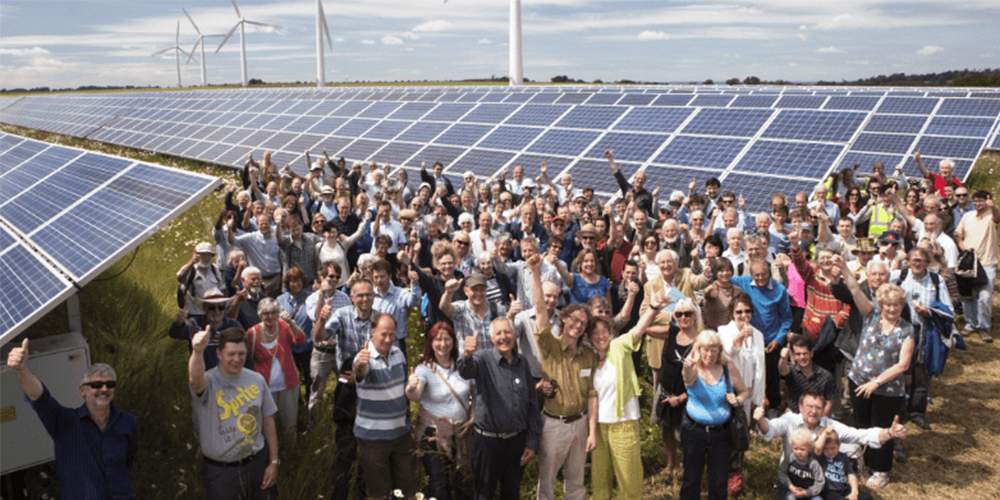In recent years, Europe has made great strides in its community solar initiative, which aims to make solar energy accessible to individuals and households. Community solar projects are collaborative efforts where multiple people collectively invest in a solar array and share its output. These projects are typically community-driven and help to build a shared sense of ownership and responsibility among the participants.
One of the biggest advantages of community solar projects is that they help to democratize access to clean energy. They allow individuals who may not have the resources or ability to install solar panels on their own properties to still benefit from solar power. This is especially important in Europe, where the high cost of electricity and a growing concern for the environment have led many to seek alternative sources of energy.
In addition to promoting sustainability and reducing carbon emissions, community solar projects also help to promote social cohesion within neighborhoods. Shared investment in solar arrays fosters a sense of community and encourages people to work together towards a common goal. Many community solar projects also offer educational opportunities for participants to learn more about solar technology and how it can benefit them.

Some of the most successful community solar projects in Europe include the Westmill Solar Cooperative in the UK, which is owned by over 1,600 individuals, and the Solar Citizens cooperative in Germany, which has installed over 7,000 solar panels across the country. In addition, the French government has rolled out a national community solar program, which aims to install solar panels on public buildings and provide incentives for individuals to participate in community solar projects.
Of course, there are some challenges associated with community solar projects as well. One of the biggest issues is finding suitable locations for solar arrays, especially in densely populated areas where space is limited. Another challenge is financing; although community solar projects tend to be more affordable than individual installations, the initial investment can still be a barrier for some.
Overall, community solar projects represent a promising solution for increasing access to clean energy and promoting social cohesion in Europe. As the demand for renewable energy options continues to grow, we can expect to see more community solar projects emerge in the years to come.

 Xiamen TopFence Co.,Ltd.
Xiamen TopFence Co.,Ltd. No. 77, LingXia South Road, Huli District, Xiamen City, Fujian, China
No. 77, LingXia South Road, Huli District, Xiamen City, Fujian, China Tel: +8613365923720
Tel: +8613365923720
 Email: info@xmtopfence.com
Email: info@xmtopfence.com
 IPv6 network supported Sitemap
| XML
| Blog
| Privacy Policy
IPv6 network supported Sitemap
| XML
| Blog
| Privacy Policy


